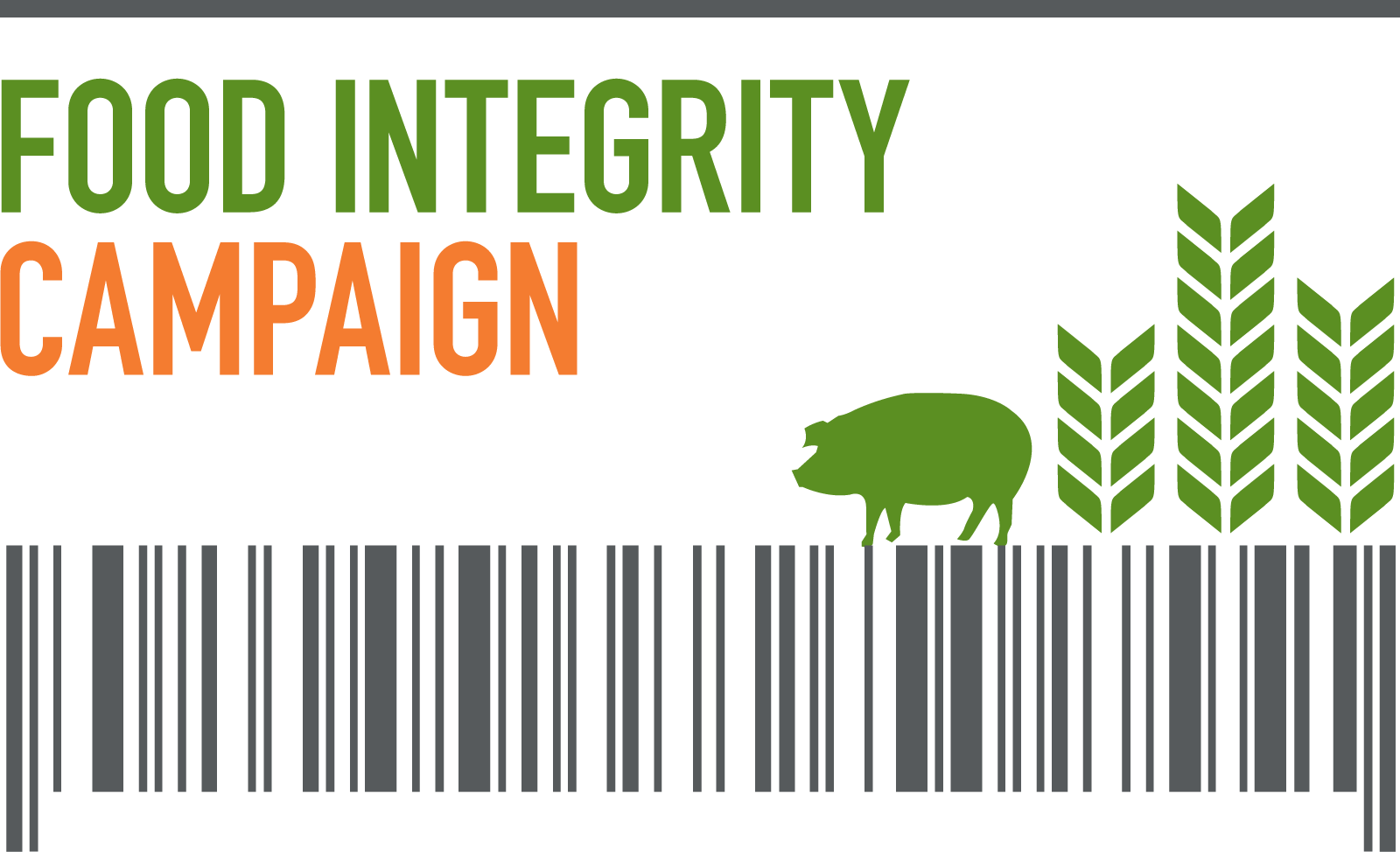by Dan Noyes
The ABC7 I-Team took an inside look at a common meat industry practice that has activists and the meat industry squaring off. It’s a battle that is bringing up new questions about how much you get to know about the meat you eat.
First we told you about meat glue, now, we’re back with another common practice inside the beef industry that’s not very well known — tenderizing meat by machine, using needles or blades. The safety of the practice is being debated right now, after one of the biggest beef recalls in Canada’s history.
Industrial videos posted to YouTube show how mechanically tenderized meat is made. Large, tough pieces of meat are punctured with needles or blades, breaking down the fibers into more desirable, tender beef. Sometimes water or marinade is injected at the same time.
“It’s another way for industry to get as much profit as they can out of meat that otherwise consumers may not have been interested in,” activist and Food Integrity Campaign spokesperson Amanda Hitt said.
The problem is you don’t know you’re eating it. Mechanically tenderized meat doesn’t look any different when it hits the store. But food advocates warn people need to know what they’re dealing with because needles can push deadly bacteria like E. coli from the outside of the meat into the center where it’s harder to cook off. Like hamburger, you have to cook it through to be safe, you shouldn’t eat it rare.
“And so what we’re advocating for is a label on it,” Barbara Kowalcyk, Ph.D., said.
Kowalcyk’s been pushing the issue since 2008. She’s the founder of the non-profit Center for Foodborne Illness Research and Prevention.
“I’m very passionate about it and it is something that’s very near and dear to my heart,” she said.
A family tragedy in 2001 turned her into a relentless advocate for food industry reform.
“My 2 ½-year-old son Kevin contracted E. coli O157:H7and went from being perfectly healthy to being dead in 12 days,” Kowalcyk said.
Her story and crusade became part of the 2009 Oscar-nominated documentary Food Inc. Part of her campaign is to get the federal government to label mechanically tenderized meat.
“As a consumer, I have a right to know what l’m putting into my body and what l’m putting into my children’s body, and all I’m asking for is for them to label it. And I can’t imagine that the label is going to cost that much more,” Kowalcyk said.
The debate over labels gained attention this fall when the Canadian government recalled millions of pounds of beef products — including meat that had been mechanically tenderized — from Canadian processor XL Foods. Eighteen illnesses in Canada were traced back to the plant. Two and a half million pounds of XL Foods beef was imported to the United States and then quickly taken off shelves.
“I myself am a mother; I have two small children and I’m confident in the safety of the meat supply in this country,” Beef Industry Food Safety Council spokesperson Lynn Delmore said.
Delmore, a meat industry representative and Cal Poly professor says there is a risk for contamination in beef that has been needled, but just how big a risk is still in question. They want the government to study that issue before moving forward with a label.
“There’s certainly nothing wrong with giving people information as long as it doesn’t unduly frighten them about the products that they consume,” Delmore said. “There are already warning labels, safe handling labels on meat products at the retail level.”
The USDA estimates 18 percent of all steaks and roasts in the U.S. are tenderized this way — that includes meat sold in grocery stores. But according to one trade group, that 18 percent is a low estimate. The North American Meat Association says they surveyed just one part of the market, the hotel and restaurant trade, and found 80-90 percent of the beef served there is mechanically tenderized.
Even though it’s so prevalent, Delmore says the industry won’t commit to labels without the risk study.
“I think as an industry, we’re just not quite ready to say whether or not anything different would be done,” she said.
There have been recalls of meat that was mechanically tenderized, and in some cases marinated, in the U.S. Data from the American Meat Institute, a lobby for the meat industry, lists six recalls since 2003. During the latest incident in 2009, at least 21 people got sick in 16 states, including California.
And that is the bottom line for whistleblower groups like the Food Integrity Campaign.
“It has been associated with illness, still apparently not enough illness to justify a simple label, a simple label so that consumers can make informed decisions about what they eat,” Amanda Hitt said.
It’s been almost a year since the USDA sent a proposal for a label to the White House and if it gets approved there, both sides say they’re gearing up to fight over just what the label will say. For now though, you’re best bet is to cook the steak all the way through, just to be safe.
